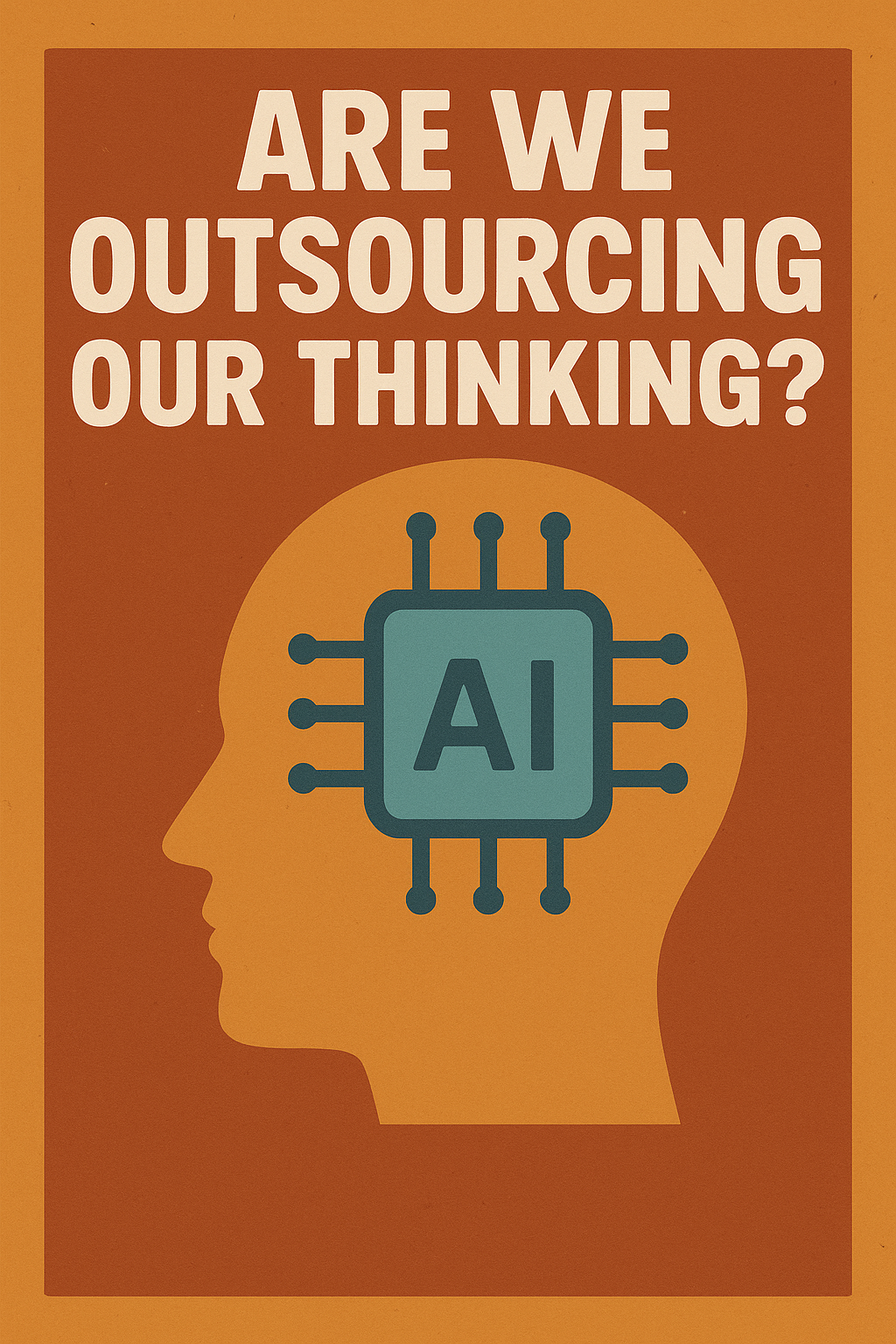In an age where attention spans are shrinking and content consumption is accelerating, AI-powered summaries have become the new gold rush. From AI book summary generators to PDF summary AI tools, from AI deposition summaries for lawyers to AI medical records summaries for doctors, everyone seems eager to delegate reading, listening, and analyzing to artificial intelligence.
On the surface, this sounds like a dream. Imagine:
-
A lawyer who used to spend days combing through deposition transcripts now gets a deposition summary AI draft in minutes.
-
A medical professional who once flipped through dozens of patient files can now rely on an AI medical records summary to extract critical details.
-
A student facing hundreds of pages of material before an exam turns to an AI book summary or AI book summary generator to cut through the noise.
-
Job seekers polish their resumes with AI professional summary generators or even generate tailored AI summaries for resumes that recruiters will read.
Convenience? Absolutely. Efficiency? Without question. But here’s the uncomfortable reality: are we also outsourcing our ability to think, synthesize, and interpret?
The Illusion of Knowledge
An AI book summary may tell you what happens in a novel, but it rarely captures the author’s voice, subtle irony, or cultural references that shape the true meaning of the text. A podcast summary AI free tool might give you the “key points” of a 90-minute conversation, yet strip away the nuance of tone, humor, or hesitation that made the original compelling.
In short, AI summaries often give us the what, but not the why. They feed us the conclusion, but deprive us of the reasoning process. And without that process, are we truly informed — or just comfortably ignorant?
The Problem with One-Size-Fits-All AI
Here’s where many existing tools fail: they treat every document the same way. Summarizing a legal deposition is radically different from condensing a self-help book, or turning a podcast into actionable insights.
Most so-called AI book summaries, executive summary generators, and PDF summary AI tools are just rebranded large language models (LLMs) doing shallow keyword extraction. They look neat, but they lack adaptability.
And when you’re working with high-stakes content — say, a deposition, a medical record, or an executive report — “neat” isn’t enough. You need accuracy, context, and structure.
What If the Problem Isn’t AI, but the Wrong AI?
The real issue isn’t whether we should use AI summaries. It’s whether we’re using the right kind of AI.
At SciSummary, we built our AI summary platform to go beyond bullet points and superficial takeaways. Here’s how we approach it differently:
-
Context Matters: Our AI distinguishes between genres. A podcast transcript summary shouldn’t look like a legal deposition summary. An AI summary for resume shouldn’t read like a medical record summary. SciSummary adapts tone and structure for each use case.
-
Logical Chains Preserved: Instead of chopping content into fragments, our system keeps the logical flow intact. That means you not only know the conclusion, but also understand how the conclusion was reached.
-
Accuracy and Traceability: Every summary can be traced back to the original source. No hallucinated points, no vague filler. Just verifiable condensation.
-
Customizable Depth: Want a two-sentence takeaway? Easy. Want a detailed executive summary generator output for your quarterly report? Done.
Yes, AI summaries can make us more productive. But if we blindly consume them, they can also make us intellectually passive. The question isn’t “Should we use AI summaries?” - that ship has already sailed.
The real question is: “Which AI summaries should we trust?”
If you care about quality, depth, and accuracy — whether you’re a lawyer, doctor, student, or executive — it’s time to stop settling for shallow “summaries” and start demanding tools that think with you, not for you.
